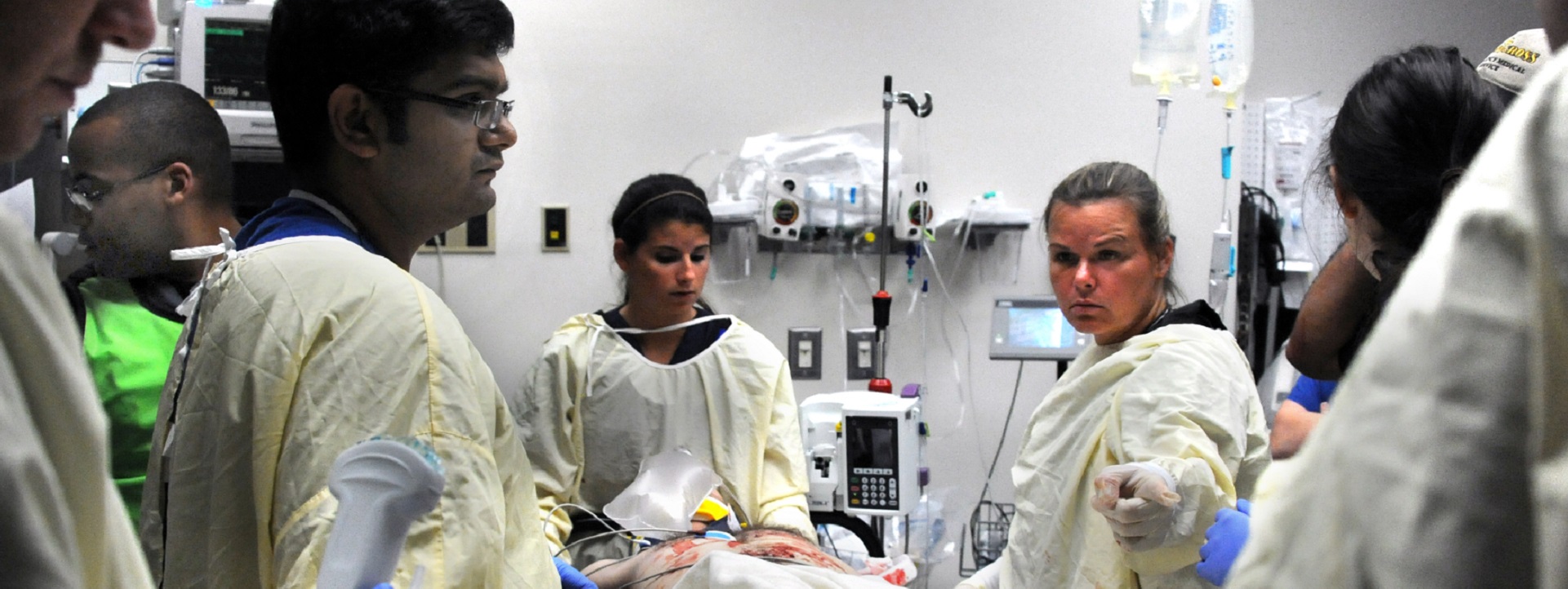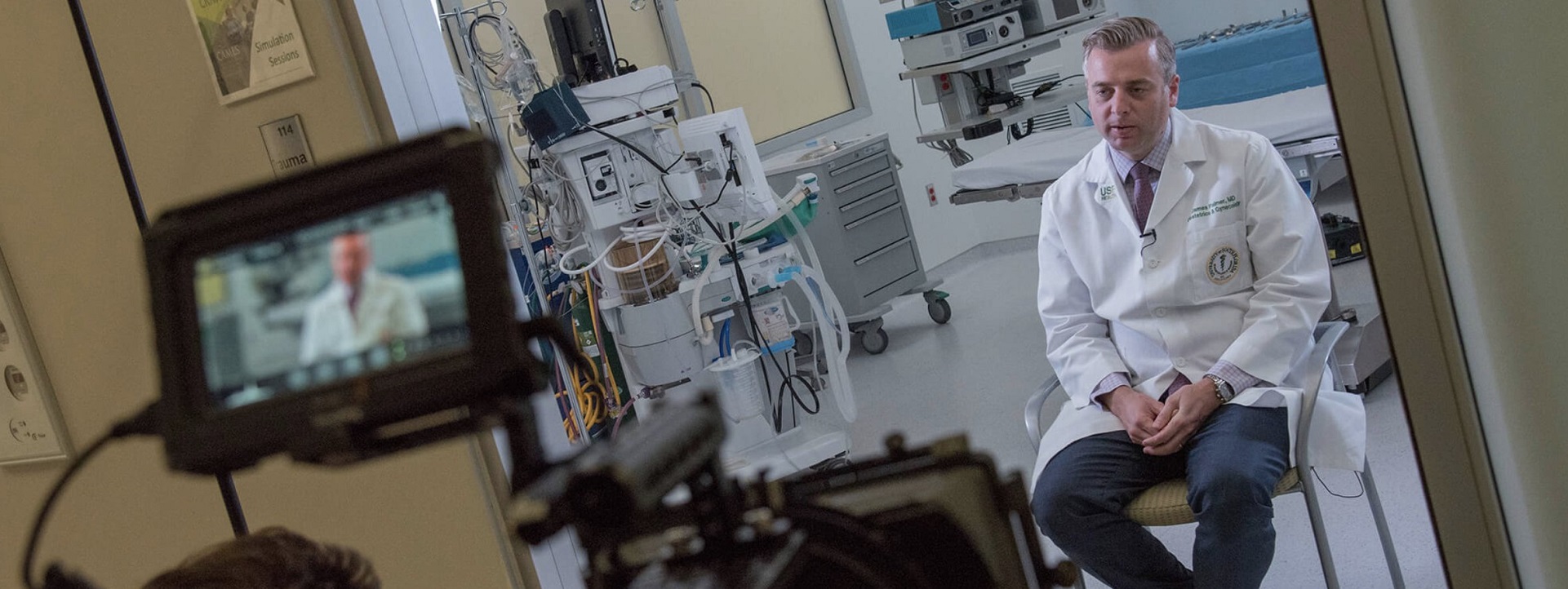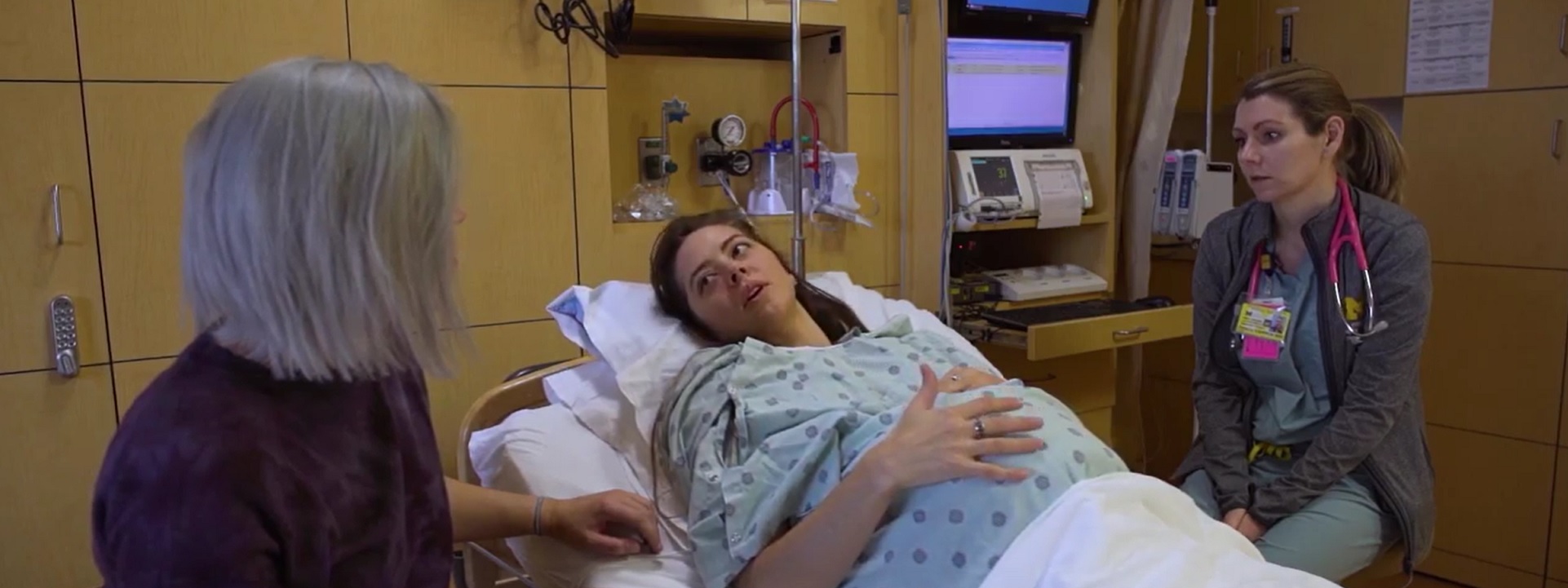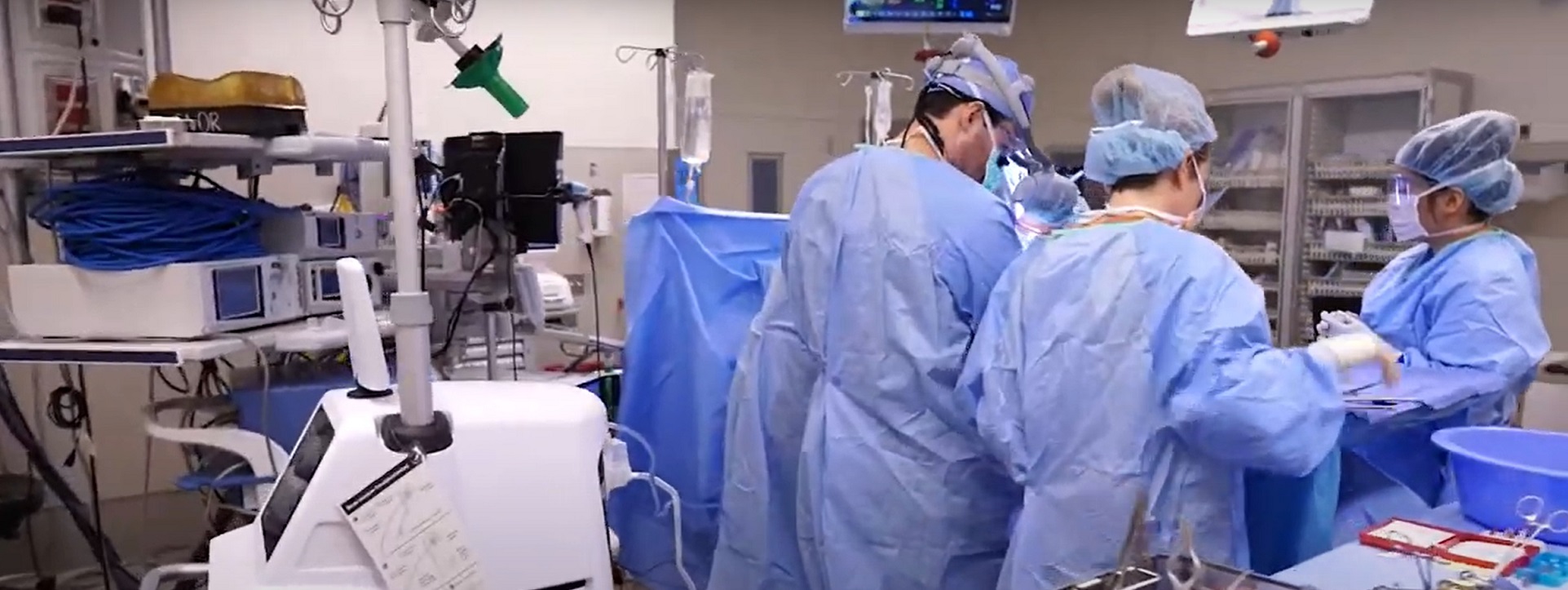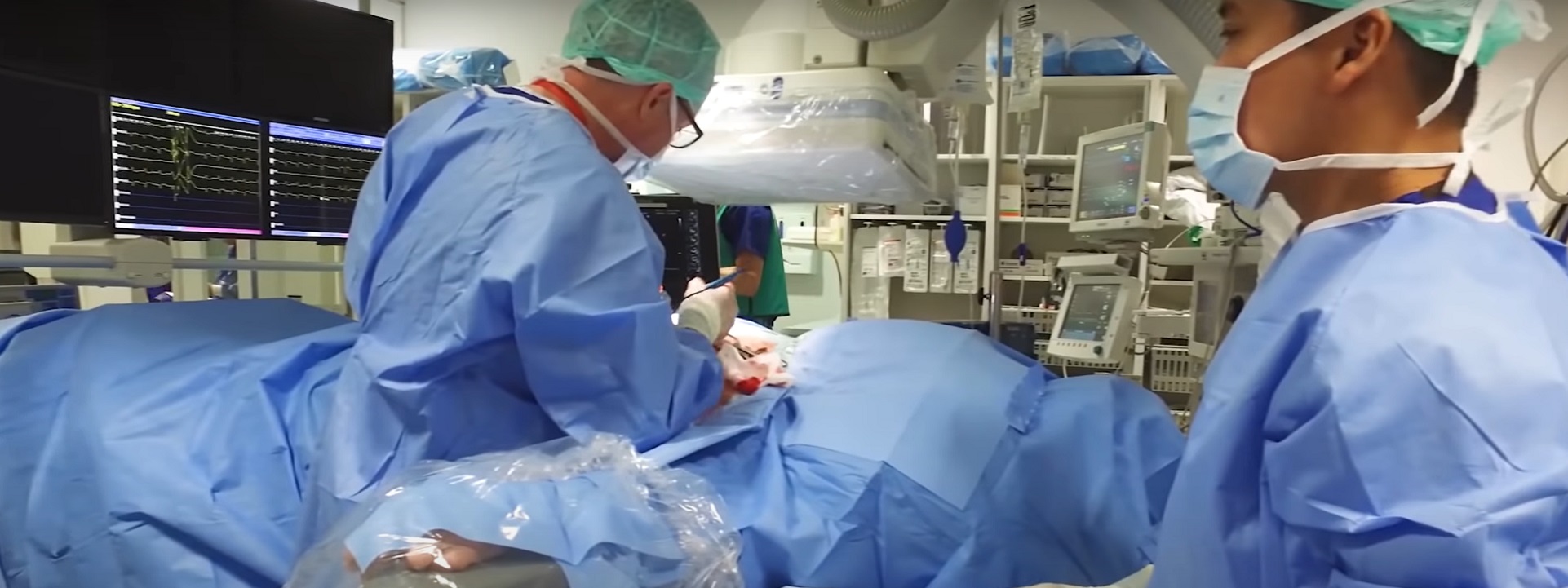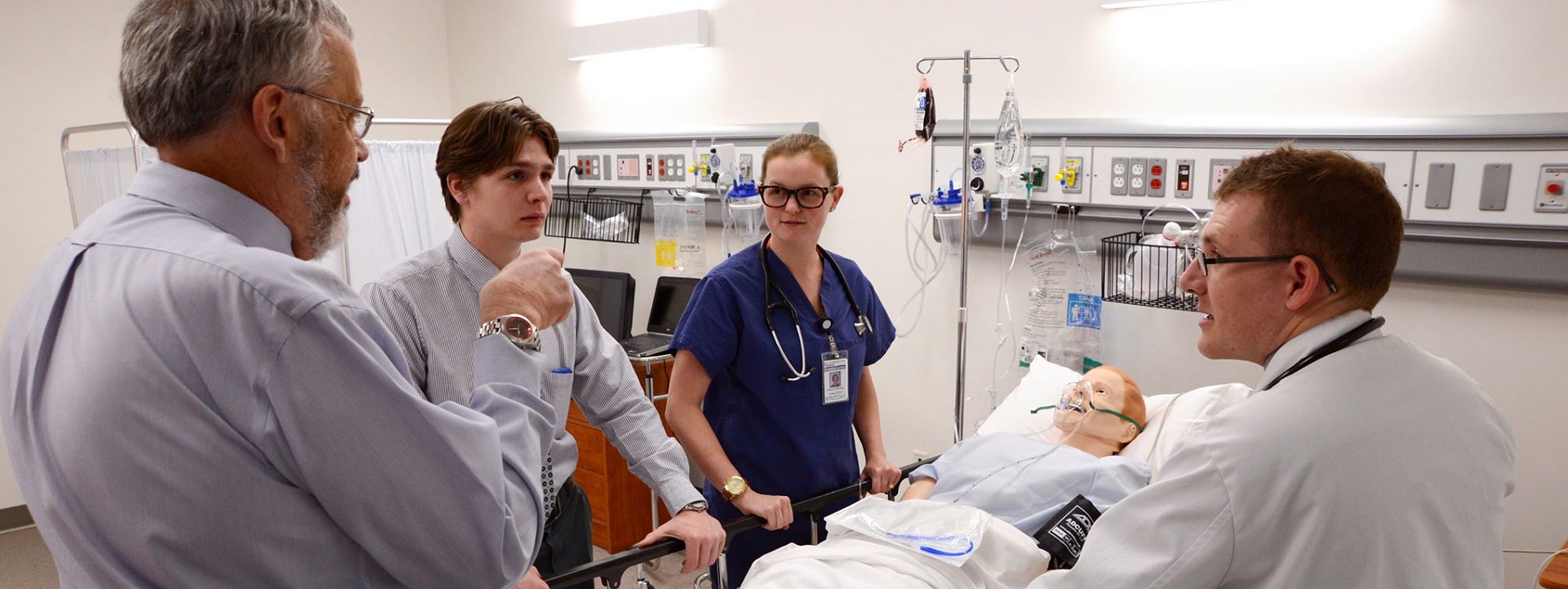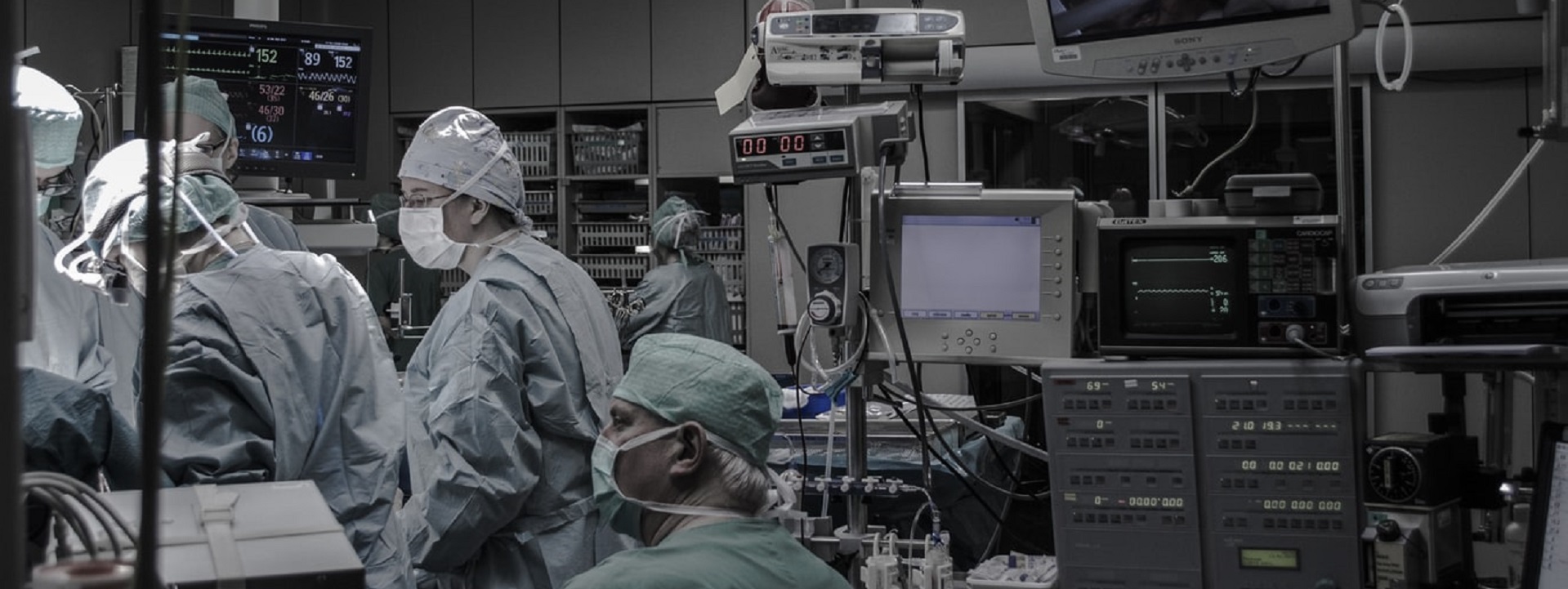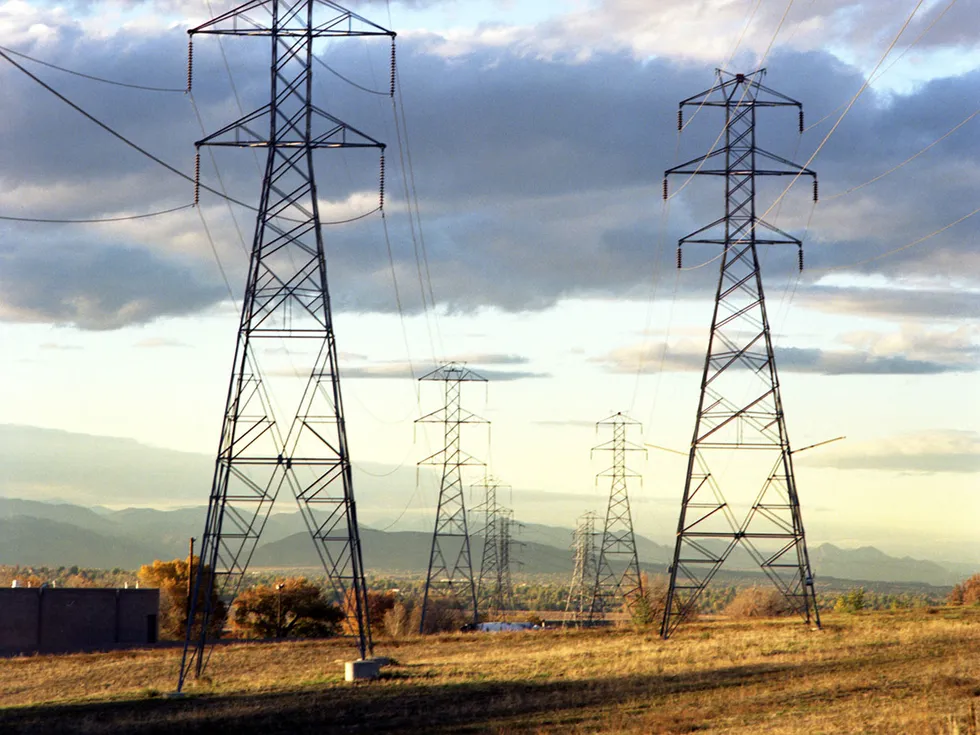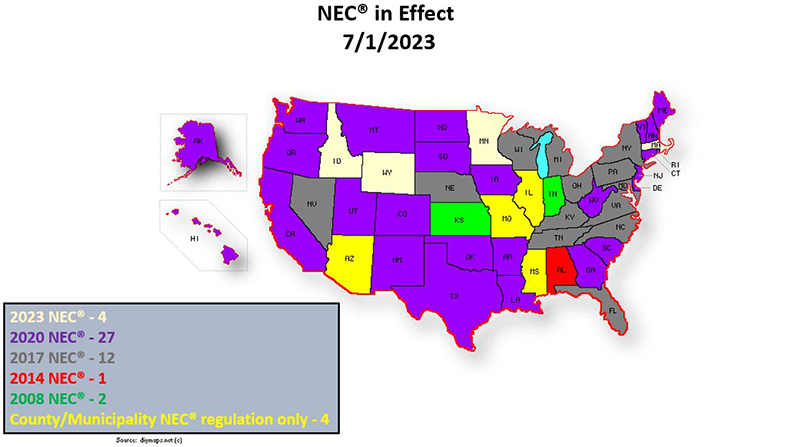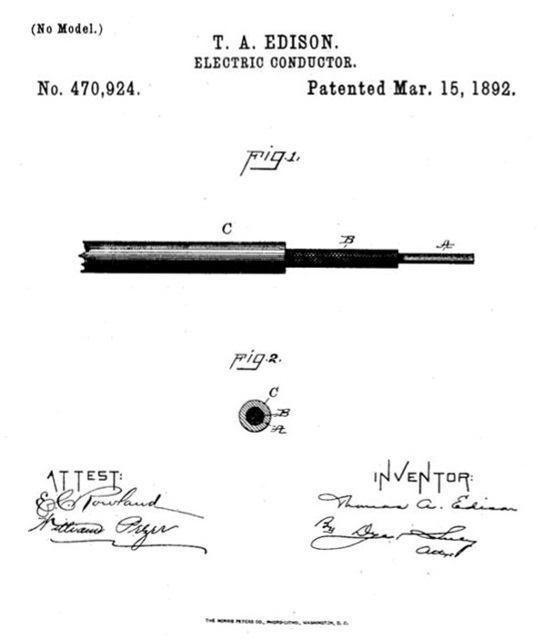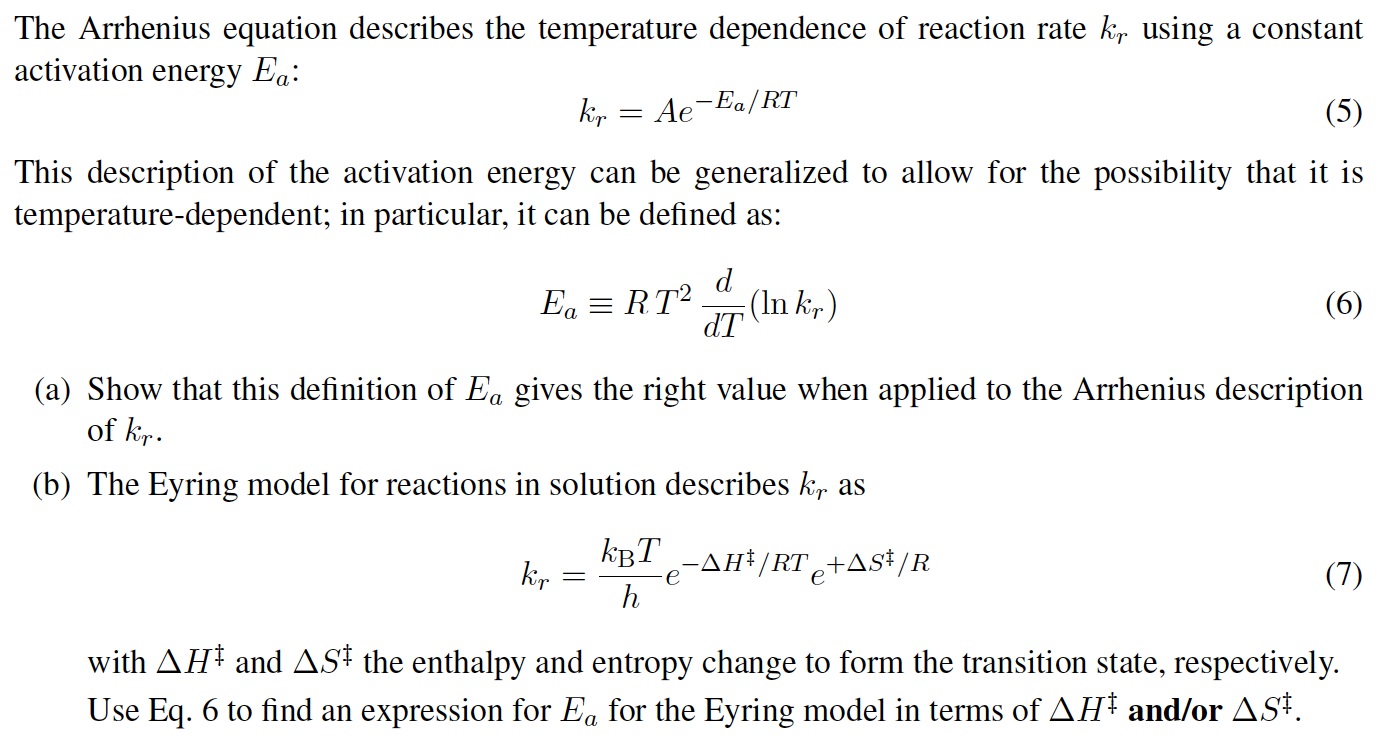Manufacturers retain testing laboratories and related conformance organizations — Nationally Recognized Testing Laboratories — to assure their products meet safety (and sometimes sustainability) standards. Today we will examine the certification catalog of a legacy, and familiar name in the electrical device domain. At a patient’s bedside in a hospital or healthcare setting, various electrical loads or devices may be present to provide medical care, monitoring, and comfort. Some of the common electrical loads found at a patient’s bedside include:
Hospital Bed: Electric hospital beds allow for adjustments in height, head position, and leg position to provide patient comfort and facilitate medical procedures.
Patient Monitor: These monitors display vital signs such as heart rate, blood pressure, oxygen saturation, and respiratory rate, helping healthcare professionals keep track of the patient’s condition.
Infusion Pumps: These devices administer medications, fluids, and nutrients intravenously at a controlled rate.
Ventilators: Mechanical ventilators provide respiratory support to patients who have difficulty breathing on their own.
Pulse Oximeter: This non-invasive device measures the oxygen saturation level in the patient’s blood.
Electrocardiogram (ECG/EKG) Machine: It records the electrical activity of the heart and is used to diagnose cardiac conditions.
Enteral Feeding Pump: Used to deliver liquid nutrition to patients who cannot take food by mouth.
Suction Machine: It assists in removing secretions from the patient’s airway.
Warming Devices: Devices like warming blankets or warm air blowers are used to maintain the patient’s body temperature during surgery or recovery.
Reading Lights: Bedside lights that allow patients to read or perform tasks without disturbing others.
Television and Entertainment Devices: To provide entertainment and alleviate boredom during the patient’s stay.
Charging Outlets: Electrical outlets to charge personal electronic devices like smartphones, tablets, and laptops.
It’s important to note that the specific devices and equipment present at a patient’s bedside may vary depending on the level of care required and the hospital’s equipment standards. Additionally, strict safety measures and electrical grounding are essential to ensure patient safety when using electrical devices in a healthcare setting.
We have been tracking the back-and-forth on proposals, considerations, adoption and rejections in the 3-year revision cycles of the 2023 National Electrical Code and the2021 Healthcare Facilities Code. The documents listed below are frequently referenced in both NFPA 70 and NFPA 99:
Standard for Attachment Plugs and Receptacles



